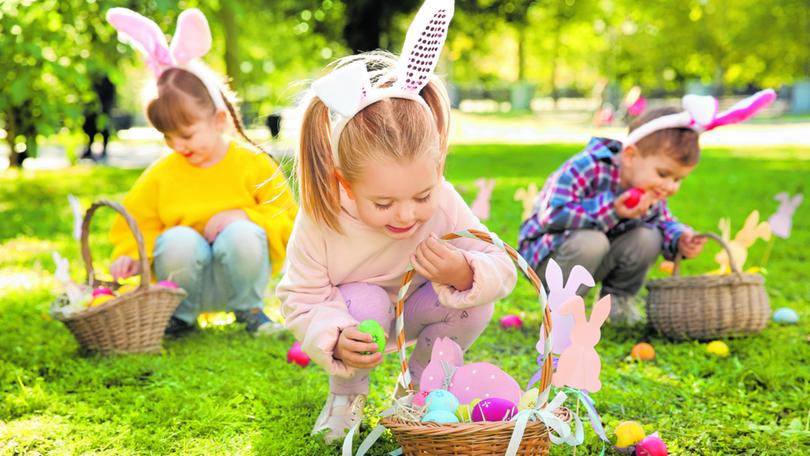Shoppers splurge on food and drinks in lead-up to Easter break, says CommBank
Shoppers stocking up the fridge in the lead up to the Easter break helped boost household spending slightly last month.

Shoppers stocking up the fridge in the lead-up to the Easter break helped give household spending a slight hop-up last month.
Commonwealth Bank’s latest household spending insight index increased 0.2 per cent to 141.8 in March, with the uplift led by food and beverage (up 4 per cent) and transport (up 4.2 per cent).
Supermarkets, liquor stores, convenience stores, butchers and bakers were the major recipients of the spending boost, according to the data released on Thursday.
Sign up to The Nightly's newsletters.
Get the first look at the digital newspaper, curated daily stories and breaking headlines delivered to your inbox.
By continuing you agree to our Terms and Privacy Policy.On the roads, higher fuel prices and the Easter long weekend resulted in increased spending at petrol stations (up 7.4 per cent), ride sharing services (up 14.5 per cent) and public transport (up 6.7 per cent).
NSW posted a significant increase in spending, up 2 per cent, to move from well below to above the national average.
WA remains the strongest State for the year to March (up 4.3 per cent), while spending in the Northern Territory was the weakest, down 0.9 per cent, joining Tasmania, Victoria and the ACT below the national average.
While 10 of CBA’s 12 spending categories increased in March, the rise across the majority was modest and the index remains lower than the 142.6 reading last November.
CBA said this pointed to a softening of household spending since the final rate hike from the Reserve Bank of Australia in November.
The bank’s chief economist, Stephen Halmarick, said despite a boost from Easter, the March data continued to paint a picture of soft consumer sentiment.
“Much of the spending lift in March can be attributed to the earlier-than-usual Easter holidays with people travelling and entertaining at home,” he said.
“Since the November RBA interest rate rise we’ve seen consistently soft household spending and we retain our view that, when coupled with decelerating inflation, the RBA can start lowering the official interest rate in September this year.”
Spending on household goods fell for the third time in four months (down 1.7 per cent), suggesting household budgets were adjusting to the tough environment by prioritising spending elsewhere.
Recreation was also down 6.8 per cent in March, following a spending boost at summer music events.
“Beyond food and beverage and transport, gains in other categories were modest, and another fall in spending on household goods suggests consumers are prioritising spending on essentials,” Mr Halmarick said.
Originally published as Shoppers splurge on food and drinks in lead-up to Easter break, says CommBank

